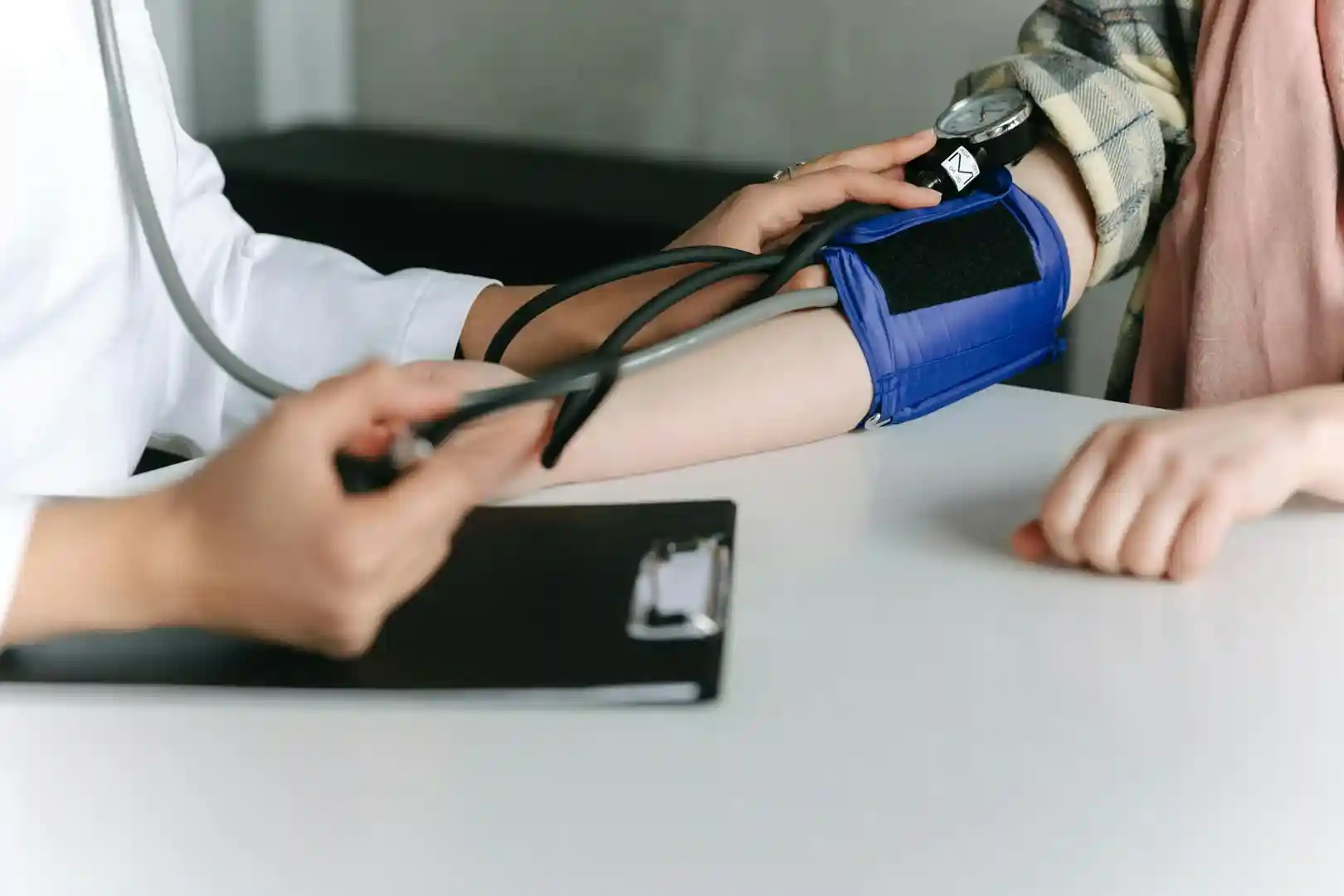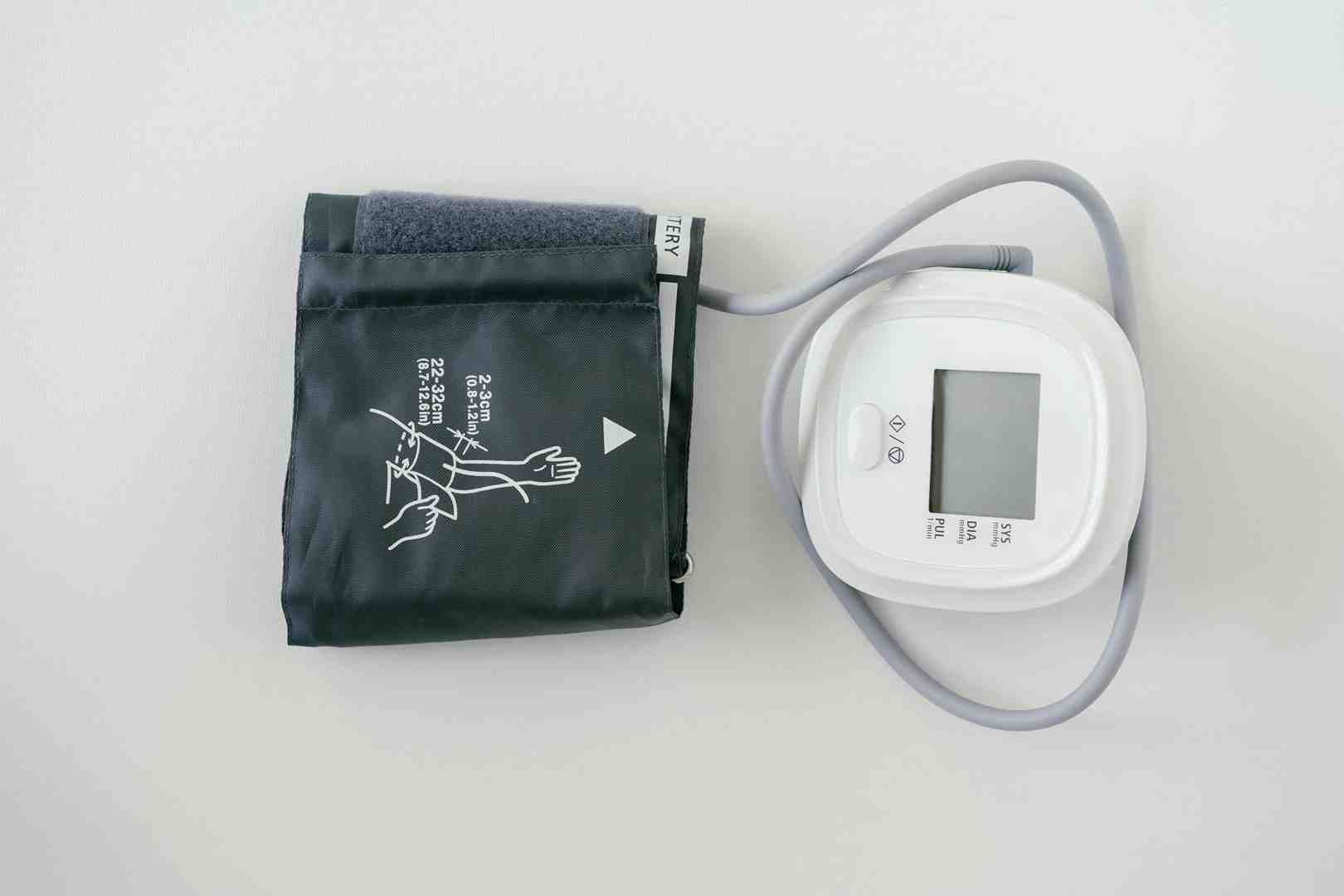Blood Pressure Medication Options: Top 3 Best Choices
Blood pressure medication options are a vital part of managing hypertension, a condition affecting nearly 48.1% of adults. If you or a loved one has been diagnosed with high blood pressure, understanding your treatment choices is crucial. Here’s a quick breakdown of the primary medication options available:
- Thiazide diuretics
- Calcium channel blockers
- ACE inhibitors
- Angiotensin II receptor blockers (ARBs)
- Beta-blockers
High blood pressure, or hypertension, is like a hidden danger lurking within the body. It doesn’t always show symptoms, but its impact on cardiovascular health can be significant. Left unchecked, hypertension increases the risk of heart disease, stroke, kidney problems, and other health issues.
Thankfully, with a variety of treatment options available, managing blood pressure effectively is possible. Medications can lower blood pressure and minimize these risks. However, it’s not just about popping a pill. Lifestyle changes like a healthy diet and regular exercise play a crucial supporting role in treatment.
Your journey with hypertension management should be a collaborative effort. Working closely with healthcare providers ensures the best outcomes. Let’s steer this journey together, learning about medications and how they can fit into a broader lifestyle strategy for lasting heart health.

Understanding Blood Pressure Medications
When it comes to managing hypertension, antihypertensive agents are the frontline defense. These medications help lower blood pressure and reduce the risk of complications like heart disease and stroke. Let’s explore two common classes of these medications: ACE inhibitors and calcium channel blockers.
ACE Inhibitors
ACE inhibitors work by reducing the production of a chemical called angiotensin, which causes blood vessels to narrow. By allowing the blood vessels to relax, these medications effectively lower blood pressure. Common ACE inhibitors include:
- Lisinopril (Prinivil, Zestril)
- Enalapril (Vasotec)
- Ramipril (Altace)
ACE inhibitors are often recommended as a first-line treatment for hypertension. They are particularly beneficial for patients with chronic kidney disease or diabetes. However, like all medications, they come with potential side effects, including a persistent cough or liftd potassium levels.
Calcium Channel Blockers
Calcium channel blockers are another class of antihypertensive agents. They prevent calcium from entering the cells of the heart and blood vessel walls, which helps relax the vessels and lower blood pressure. Some commonly prescribed calcium channel blockers are:
- Amlodipine (Norvasc)
- Diltiazem (Cardizem)
- Nifedipine (Procardia)
These medications are especially useful for patients who may not respond well to other treatments. They can also help treat conditions like angina and certain heart arrhythmias.
Both ACE inhibitors and calcium channel blockers are effective in managing hypertension. However, choosing the right medication depends on individual health needs and medical history. It’s crucial to work with healthcare providers to tailor a treatment plan that best suits your situation.
By understanding these blood pressure medication options, you can take an active role in managing your health. Next, we’ll dive into more medication options and explore how they fit into the big picture of hypertension management.
Blood Pressure Medication Options
Managing hypertension often involves a combination of lifestyle changes and blood pressure medication options. Let’s explore three commonly prescribed types: thiazide diuretics, beta-blockers, and ARBs.
Thiazide Diuretics
Thiazide diuretics are often the first choice when starting blood pressure medication. These “water pills” help the body eliminate excess salt and water, reducing fluid in blood vessels and lowering blood pressure.
Common thiazide diuretics include:
- Hydrochlorothiazide (HCTZ)
- Chlorthalidone
Research suggests that chlorthalidone may be more effective than hydrochlorothiazide in reducing cardiovascular disease risk.

Possible side effects:
- Frequent urination
- Low potassium levels
- Dizziness
Beta-Blockers
Beta-blockers work by slowing the heart rate and reducing the heart’s workload, which helps lower blood pressure.
Common beta-blockers include:
- Atenolol (Tenormin)
- Metoprolol (Lopressor)
These medications might be prescribed if you have other heart-related conditions, like angina or arrhythmias. However, they may not be the first choice for treating hypertension alone.
Possible side effects:
- Fatigue
- Cold hands and feet
- Depression
Angiotensin II Receptor Blockers (ARBs)
ARBs block the action of angiotensin, a chemical that narrows blood vessels. By keeping vessels relaxed, ARBs help lower blood pressure.
Common ARBs include:
- Losartan (Cozaar)
- Valsartan (Diovan)
ARBs are particularly useful for those who experience side effects from ACE inhibitors, like a persistent cough. They are also beneficial for patients with chronic kidney disease or diabetes.
Possible side effects:
- Dizziness
- Hyperkalemia (high potassium levels)
Choosing the right medication depends on your health needs and medical history. Always consult healthcare providers to find the best fit for your condition.
Next, we’ll explore alternative and complementary treatments that can support your journey to better blood pressure control.
Alternative and Complementary Treatments
Beyond traditional blood pressure medication options, some alternative and complementary treatments can also help manage hypertension. These methods are not replacements for prescribed medications, but they can improve your overall strategy for controlling blood pressure.
Coenzyme Q10
Coenzyme Q10 (CoQ10) is a naturally occurring antioxidant in the body. It plays a vital role in energy production and heart health. Some studies suggest that CoQ10 supplements can help lower blood pressure, although results vary.
Benefits:
- May lower systolic and diastolic blood pressure
- Supports heart health
Considerations:
- Discuss with your doctor before starting any supplement
- CoQ10 is generally well-tolerated with few side effects
Dark Chocolate
Yes, chocolate can be heart-healthy! Dark chocolate, specifically, contains flavonoids, which are compounds known to improve heart health. These flavonoids help relax blood vessels and improve blood flow, which can lower blood pressure.

Benefits:
- Small amounts can reduce blood pressure
- Provides antioxidants
Considerations:
- Choose chocolate with at least 70% cocoa
- Consume in moderation to avoid excess sugar and calories
Meditation
Meditation is a simple practice that involves focusing the mind and eliminating distractions. Regular meditation can reduce stress, a known contributor to high blood pressure.
Benefits:
- Lowers stress and anxiety
- Improves overall well-being
Considerations:
- Consistency is key; practice regularly for best results
- Explore different types of meditation to find what suits you best
These alternative treatments can complement your existing treatment plan. Always talk with your healthcare provider before making changes to your health regimen. Next, we’ll tackle some frequently asked questions about blood pressure medications.
Frequently Asked Questions about Blood Pressure Medications
What is the most popular medication for high blood pressure?
One of the most commonly prescribed medications for high blood pressure is lisinopril, which belongs to the class of drugs called ACE inhibitors. These medications help lower blood pressure by reducing the production of angiotensin, a chemical that causes blood vessels to narrow. By allowing the vessels to relax, blood flows more easily, reducing the overall pressure.
Lisinopril is favored due to its effectiveness and relatively mild side effect profile. However, it’s always important to consult with a healthcare provider to determine the best medication for your individual needs.
What is the best blood pressure med with the least side effects?
Thiazide diuretics are often considered when looking for blood pressure medications with minimal side effects. These medications, sometimes called “water pills,” help the body eliminate excess salt and water, which can lower blood pressure.
Common thiazide diuretics include hydrochlorothiazide and chlorthalidone. They are usually well-tolerated, but like all medications, they come with potential side effects. These can include frequent urination, low sodium, and low potassium levels.

What is the most well-tolerated blood pressure medication?
ACE inhibitors, including lisinopril, are generally well-tolerated by many patients. While they can cause a persistent dry cough in some individuals, this side effect is not experienced by everyone. Other potential side effects include dizziness and liftd blood potassium levels, but these are relatively uncommon.
For those who do experience side effects with ACE inhibitors, healthcare providers might consider angiotensin II receptor blockers (ARBs) as an alternative. ARBs work similarly but typically do not cause the cough associated with ACE inhibitors.
Choosing the right blood pressure medication is all about balancing effectiveness, side effects, and your unique health needs. It’s crucial to have an open discussion with your healthcare provider to ensure the treatment aligns with your specific situation and lifestyle.

Conclusion
Managing hypertension is crucial to maintaining good health, and choosing the right treatment option is a key part of this process. At RGV Direct Care, the focus is on providing personalized healthcare that addresses each patient’s unique needs. This means taking the time to understand the patient’s health history, lifestyle, and preferences to create an effective treatment plan.
Hypertension management is not just about taking medications. It involves a comprehensive approach that includes lifestyle changes, regular monitoring, and patient education. By working closely with healthcare providers, patients can better understand their condition and actively participate in their care.
RGV Direct Care offers a holistic approach to health, emphasizing strong patient relationships and custom treatment plans. This personalized care ensures that patients receive the support they need to manage hypertension effectively. Whether it’s selecting the most suitable blood pressure medication options or offering guidance on lifestyle changes, the goal is to improve patient outcomes and improve quality of life.
For more information on how RGV Direct Care can help you manage hypertension and other health conditions, visit their services page.

